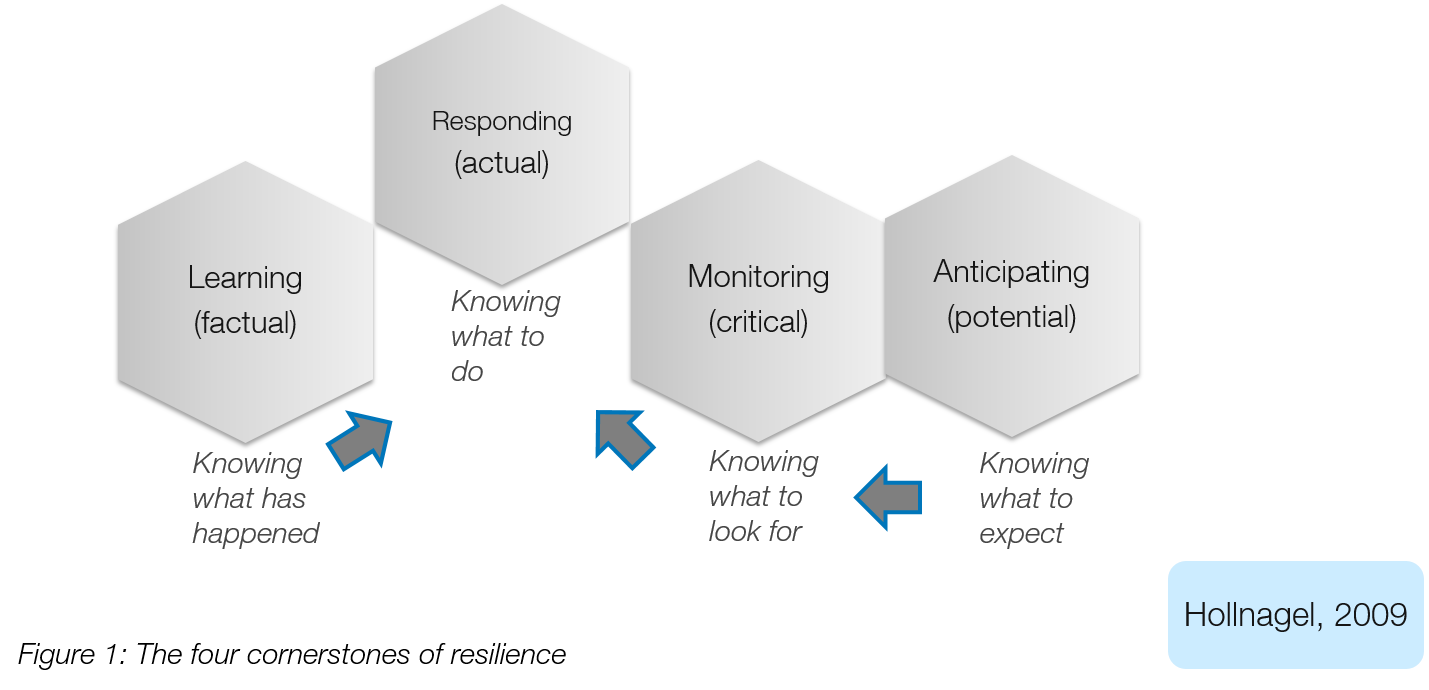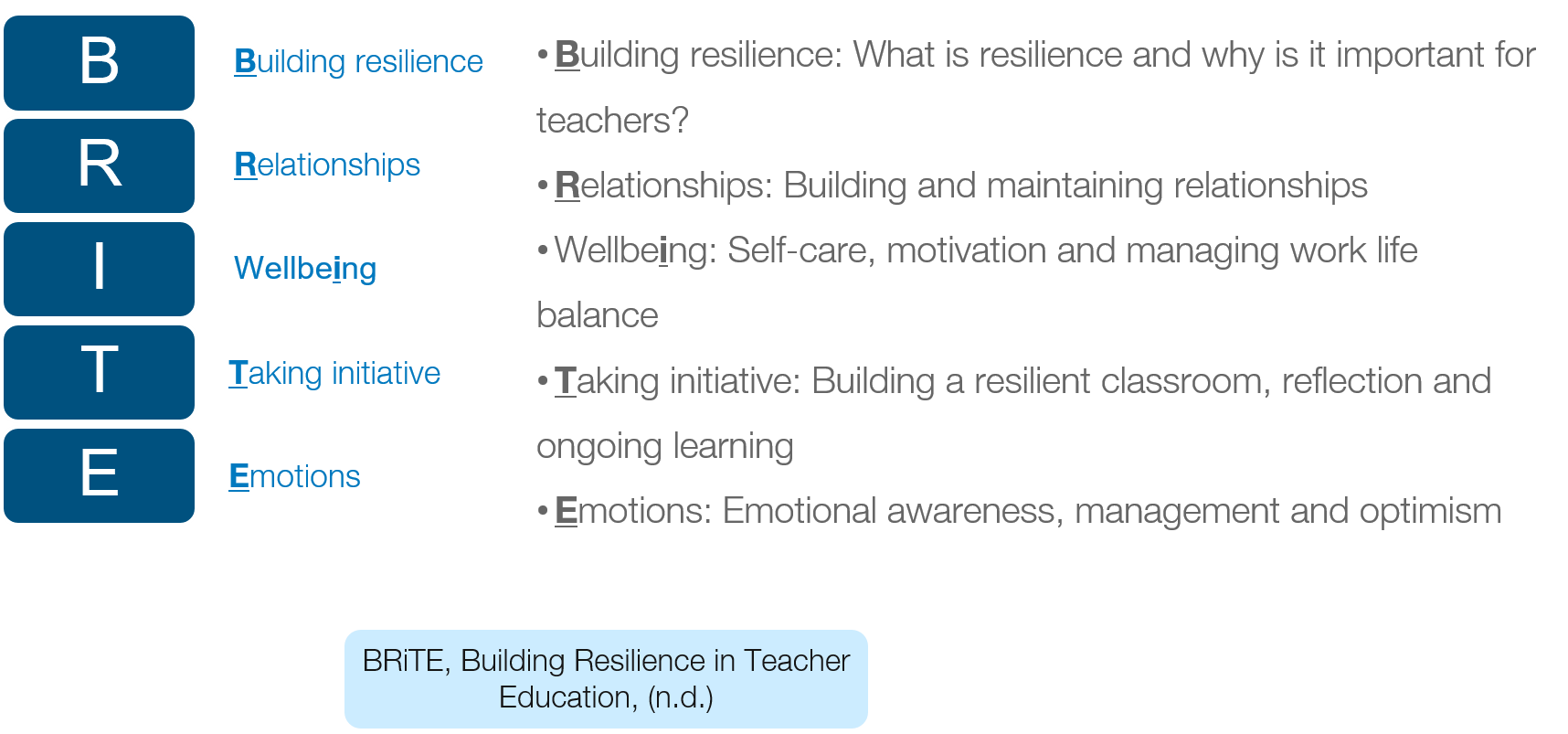Resilience
The perseverance to deal with resistance and flexibility

Resilience is defined as the ability to bounce back from adversity, frustration, and misfortune and is essential for the effective leader. Literature
demonstrates that there is a direct relationship between the stress of a leader’s job and their ability to maintain resilience in the face of prolonged contact with adversity. (Ledesma, 2014)
Digital Tutors must be able to make a connection with students (and others; teachers, parents) in an online environment
Digital Tutors must be able to communicate effectively in an online environment with the use of digital tools to share, explain, explore, and understand.
Digital Tutors need to exert confidence when online, demonstrating abilities and believing in their ability to influence how things turn out.
Digital Tutors should be committed to reaching goals and have realistic planning based on their own and their students’ abilities
Digital Tutors need to maintain control and develop coping skills for their online classroom while also regulating their emotions.
Resilience: the capacity to recover quickly from difficulties; toughness
(Oxford Dictionary, n.d.)
Five factors that promote resilience:
- Connection (social support)
- Communication
- Confidence (self-esteem)
- Competence and commitment
(realistic planning) - Control (emotional regulation, coping
skills)
Additional factors:
- Self care
- Active problem solving
- Positive outlook
- Meaning and purpose
(Block, n.d. ; Hurley, K. 2020 ; Payne, B. 2019)


